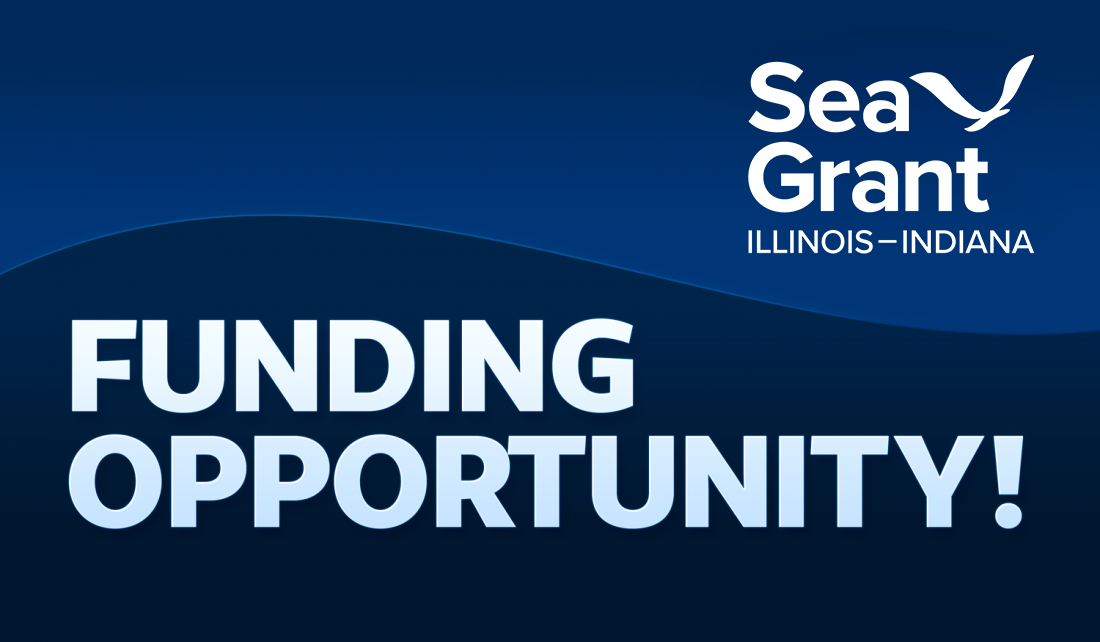
This funding opportunity will support promising research that addresses the 2025 Lake Michigan Cooperative Science and Monitoring Initiative (CSMI) priorities. Specific priorities of interest are nearshore dynamics and overwinter sampling. CSMI is an effort instituted under the Science Annex of the 2012 Great Lakes Water Quality Agreement (GLWQA) to coordinate science and monitoring activities in one of the five Great Lakes each year to generate data and information for environmental management agencies. The 2025 Lake Michigan CSMI priorities were developed by the Lake Michigan Partnership, a collaborative team of natural resources managers established under the Lakewide Management Annex of the GLWQA.
This competition will fund up to $75,000 a year for two years (maximum $150,000). Funded projects should start by July 1, 2025 and end by June 30, 2027.
View the full request for proposals for more information.
Applicants should submit materials via https://esg.iiseagrant.org/ by 11:59 p.m. Central Time on February 6, 2025.
Eligibility
We encourage individuals from all disciplines to apply to this RFP. Investigators from educational or research institutions including universities, museums, and NGOs, are eligible to serve as PIs for these funds. Researchers from around the Lake Michigan basin are welcome to apply.
Research Topics
IISG is seeking to fund projects that will address one or more of the following priorities to characterize very nearshore habitat (i.e. from shoreline to 20-m depth).
- Improve understanding of winter season physical processes (e.g., shelf ice, ice dams, open water ice cover) and the impacts on nearshore habitat and/or food webs.
- Investigate understudied but potentially important components of the food web, including nearshore (including shallow shorelines areas) and under-ice community structure, dreissenid veliger abundance and energy density during critical periods (e.g., first feeding post-yolk sac larvae) for key fish species.
- Measure and assess tributary sediment transport and nutrient dynamics on in-lake conditions (chemical and physical integrity) and determine impacts on lower trophic level productivity, both nearshore and offshore, as well as during winter and should seasons.
All proposed research projects should fit at least one of these topic areas. While IISG will prioritize projects that address multiple interests, projects in any of the topic areas are eligible for funding.
Questions regarding eligibility or submission requirements may be directed to Paris Collingsworth at pcolling@purdue.edu.
Illinois-Indiana Sea Grant is a partnership between NOAA, University of Illinois Extension, and Purdue University Forestry and Natural Resources, bringing science together with communities for solutions that work. Sea Grant is a network of 34 science, education and outreach programs located in every coastal and Great Lakes state, Lake Champlain, Puerto Rico and Guam.

